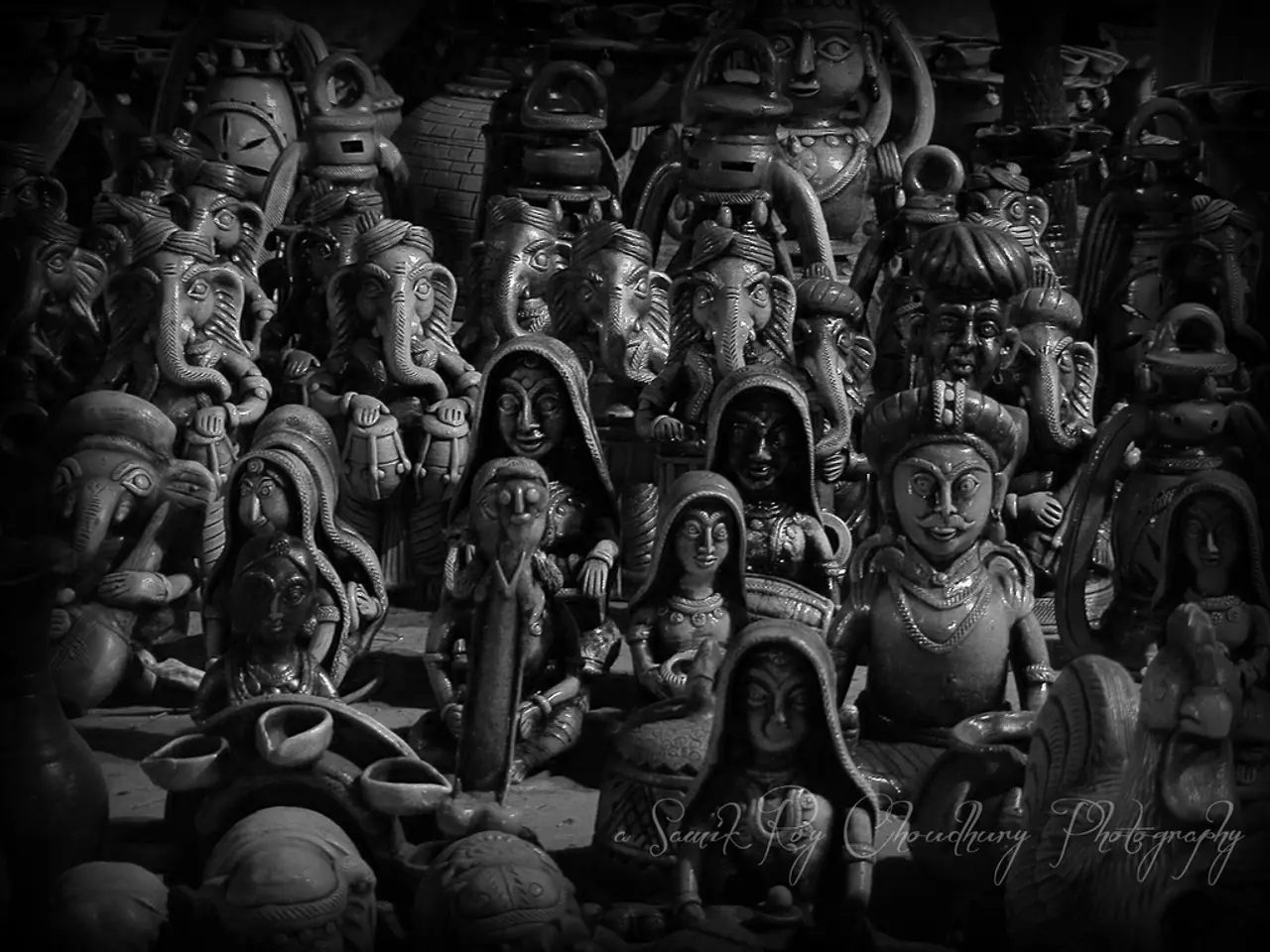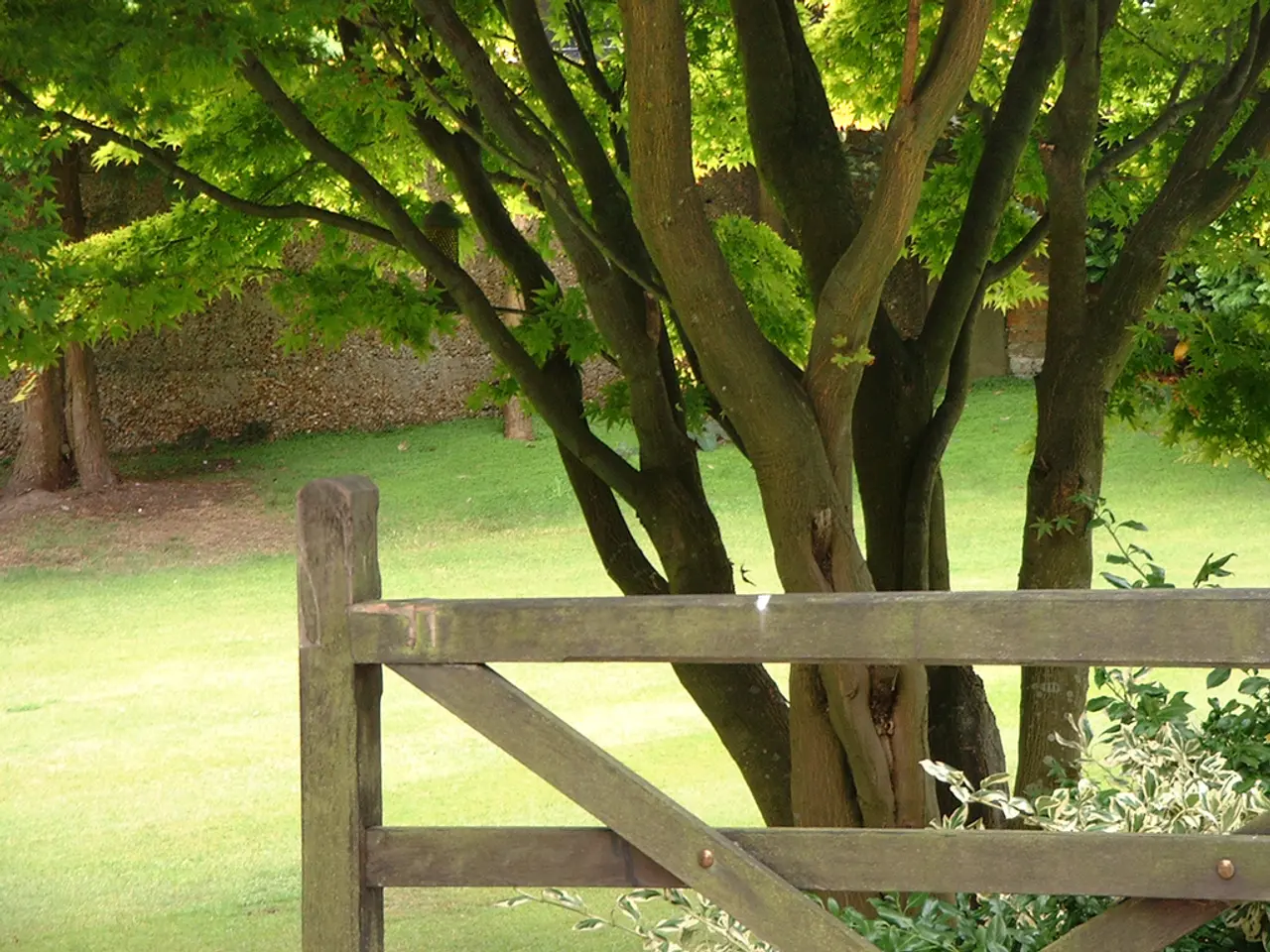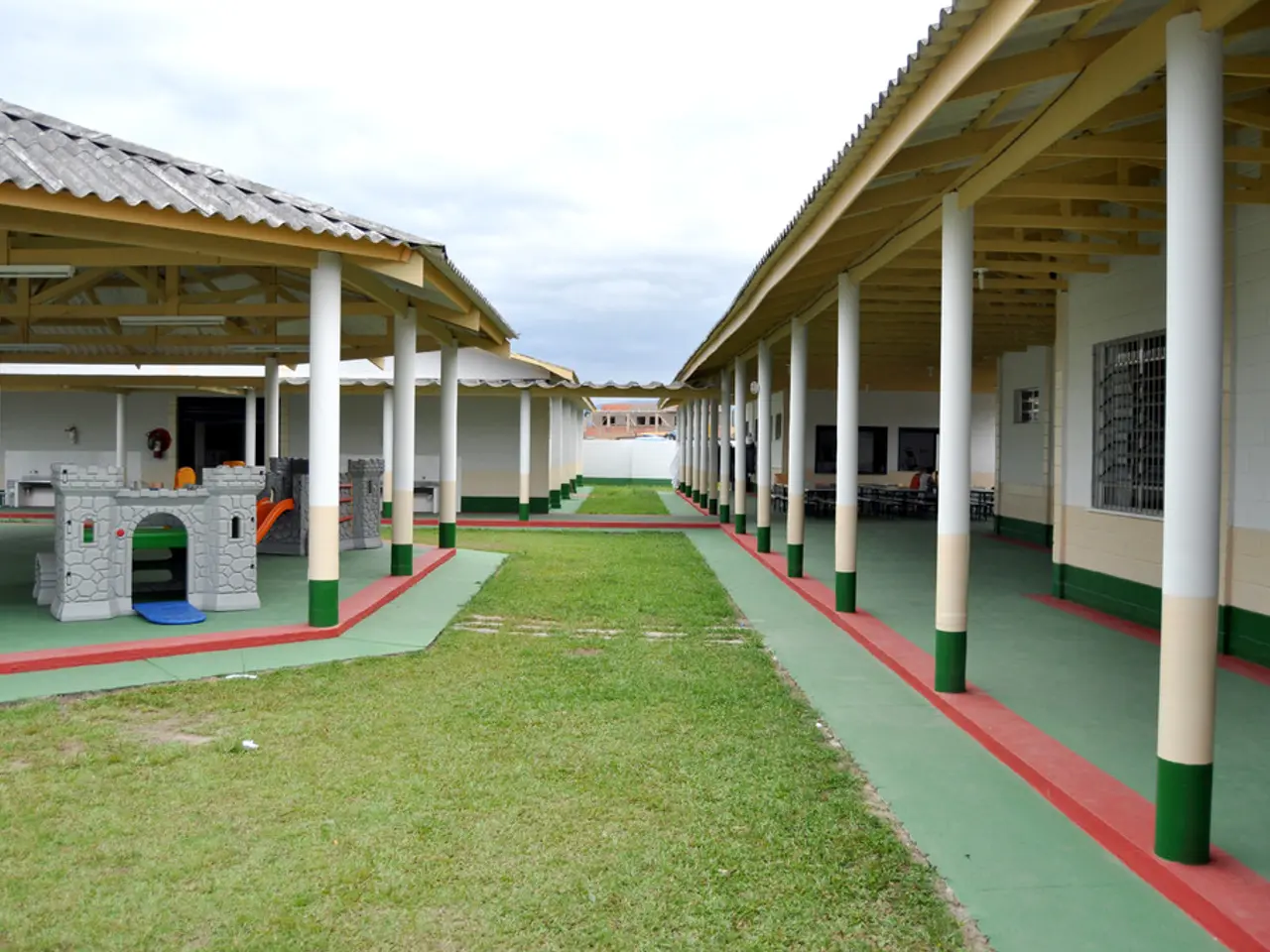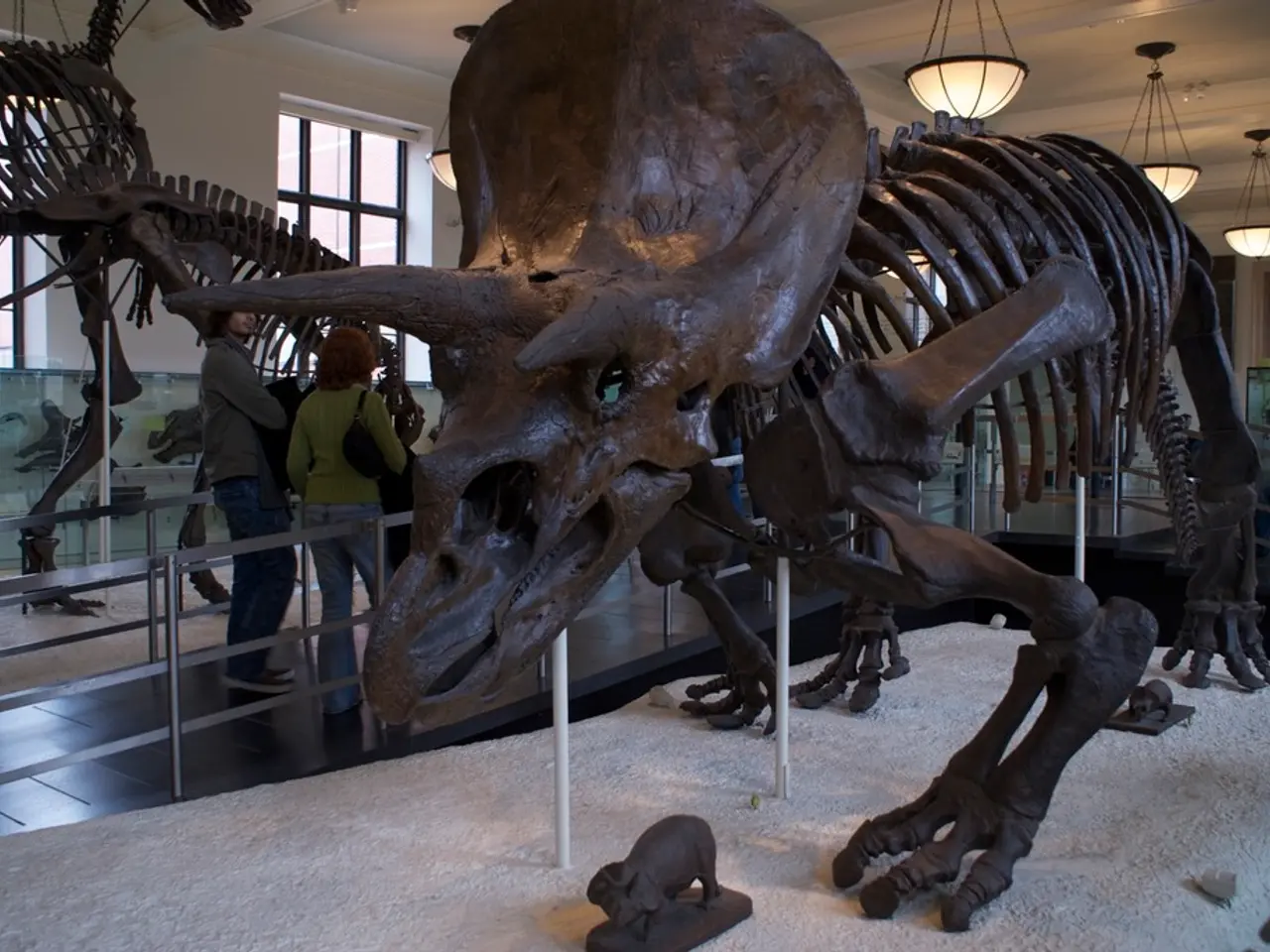Promote equality across social classes, ethnicities, religions, and genders to construct a society that is fair for all: Anu Muhammad at Droho Jatra
In a powerful speech at the Central Shaheed Minar in Dhaka on August 2, 2025, renowned Bangladeshi economist and former professor, Anu Muhammad, addressed the ongoing social inequality in the country. The occasion was the "Droho Jatra of Students, Workers, and the People," which marked the first anniversary of the July Uprising.
Anu Muhammad emphasized the need to eradicate all forms of discrimination, including class, religious, ethnic, and gender, to overcome deep-rooted social divides. He criticized the lack of transparency and democratic reform in governance, and expressed skepticism about the role of powerful corporate entities, often linked to political elites, in controlling major economic assets and resources.
The economist's remarks come amidst growing concerns over deals like the Adani one, which some fear could concentrate wealth and power at the expense of the public. While specific details about Anu Muhammad's stance on the Adani deal were not found in the available search results, his critique aligns with broader concerns over such deals.
During the pre-rally gathering of "Droho Jatra," Anu Muhammad also condemned efforts to undermine the 1971 Liberation War and questioned why deals with the US are being signed and why Bangladesh is buying arms and Boeing aircraft. He further criticized the interim government's lack of transparency regarding the Adani deal, Rampal project, and transit agreements.
The march started at 6:30pm from Shaheed Minar and moved through Dhaka University's TSC, Mukti O Gonotontro Toron, Katabon, and ended at Shahbagh. The event included cultural performances earlier in the day at the Central Shaheed Minar, and this year's demands for the Droho Jatra include the abolition of the fascist state structure, justice for the 2024 mass killings and all other state-led killings in the hills and plains, and resisting neo-fascist tendencies.
Dhaka University Professor Samina Luthfa stated that the Droho Jatra was a journey that united people of diverse ideologies and brought them to the Press Club. She noted that ordinary people from different classes have not claimed credit for uprisings, only politicians do. Michael Chakma, a victim of enforced disappearance, spoke about repression in the Chittagong Hill Tracts under the rule of Sheikh Hasina.
Anu Muhammad concluded his speech by stating that the "Droho Jatra" must continue to get answers. He reiterated that the spirit of the 1971 Liberation War belongs to the people, not any single party. The economist's call for transparency, democracy, and the eradication of discrimination resonates with many in Bangladesh, as the country continues to grapple with issues of social inequality and political corruption.
- Anu Muhammad's call for transparency, democracy, and the eradication of discrimination extended to issues in politics and general-news, particularly the Adani deal, Rampal project, transit agreements, and the lack of transparency in governance.
- During the "Droho Jatra" event, there were demands for the abolition of the fascist state structure, justice for the 2024 mass killings, and resisting neo-fascist tendencies, which are significant points of discussion in the ongoing politics and general-news discourse of Bangladesh.




